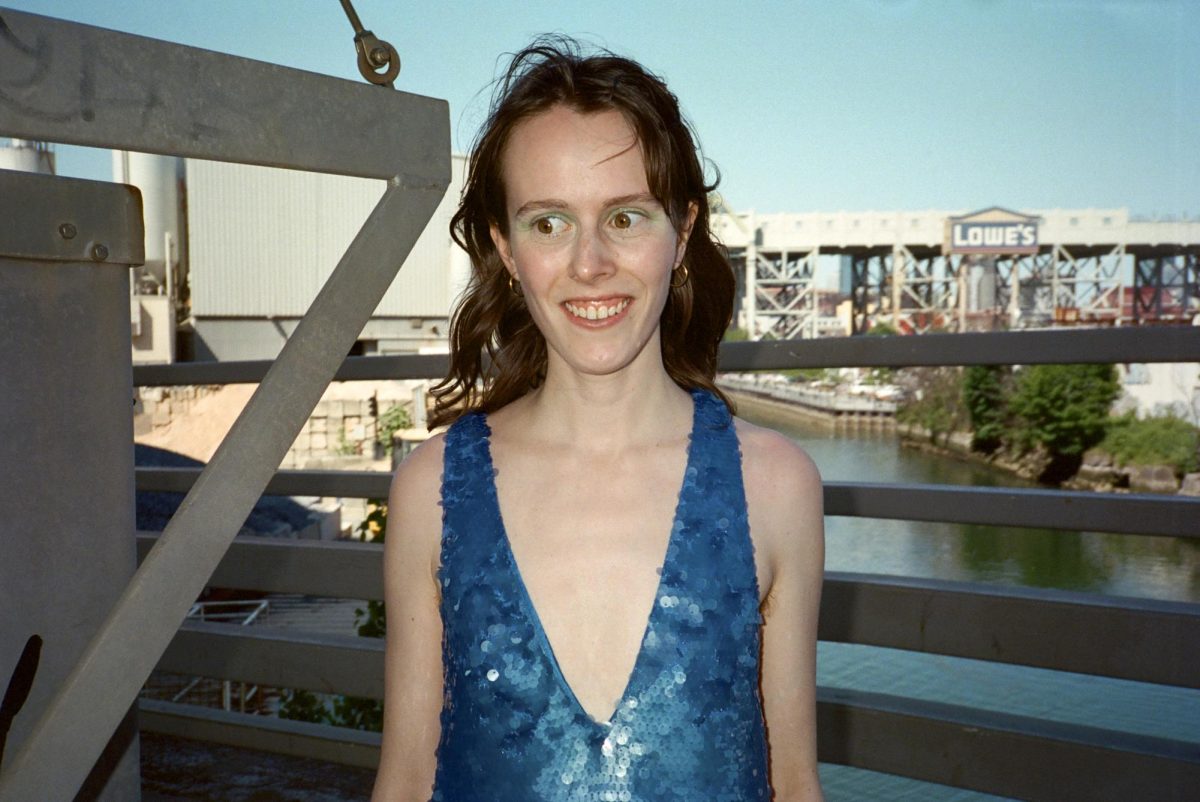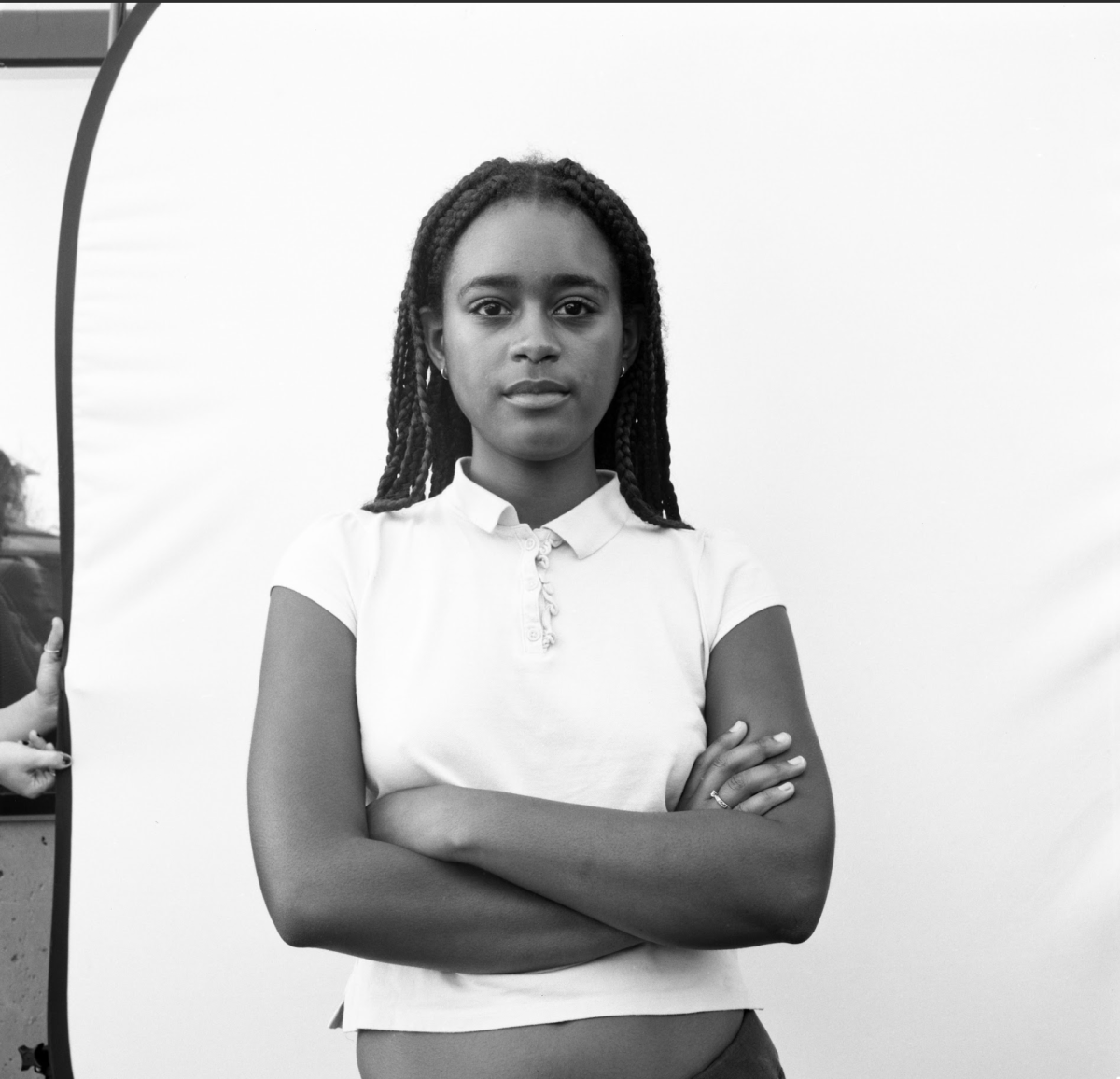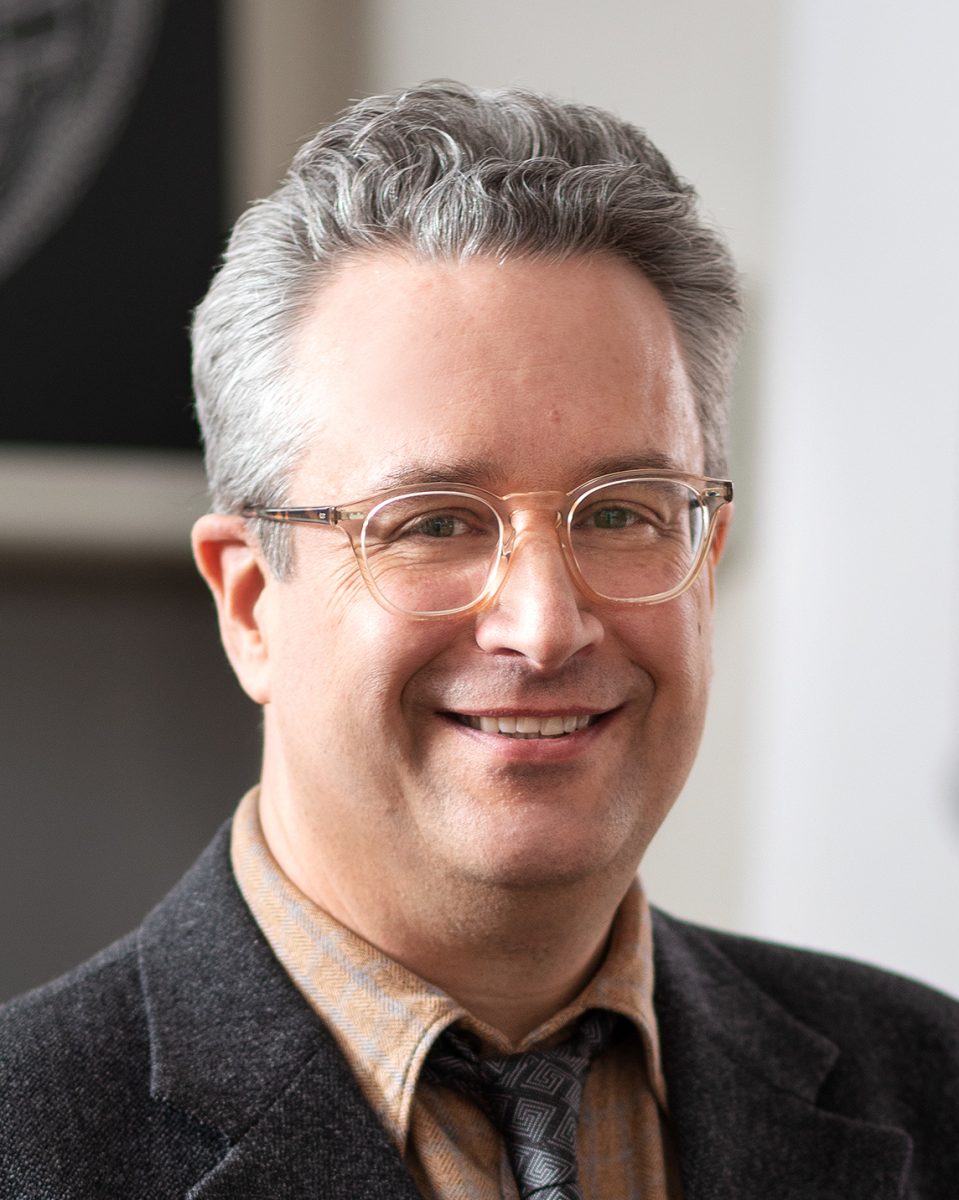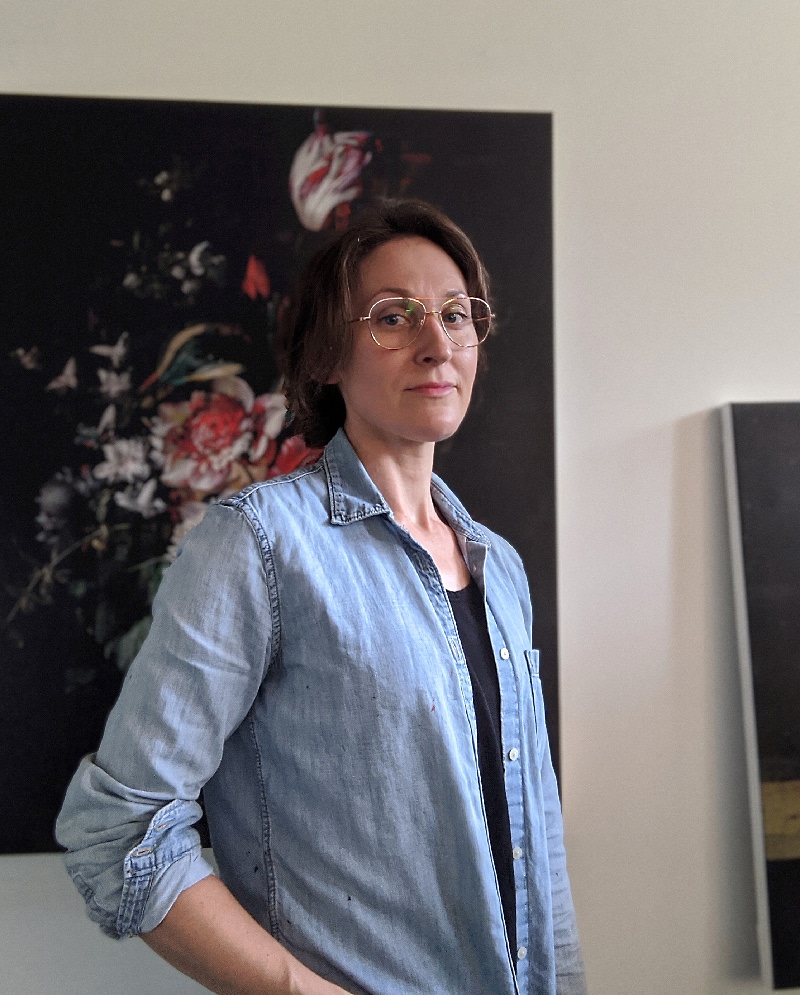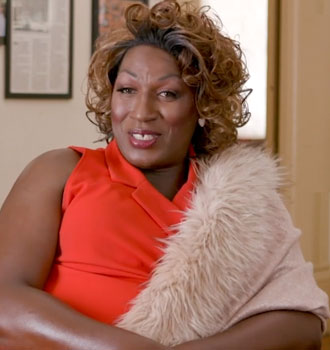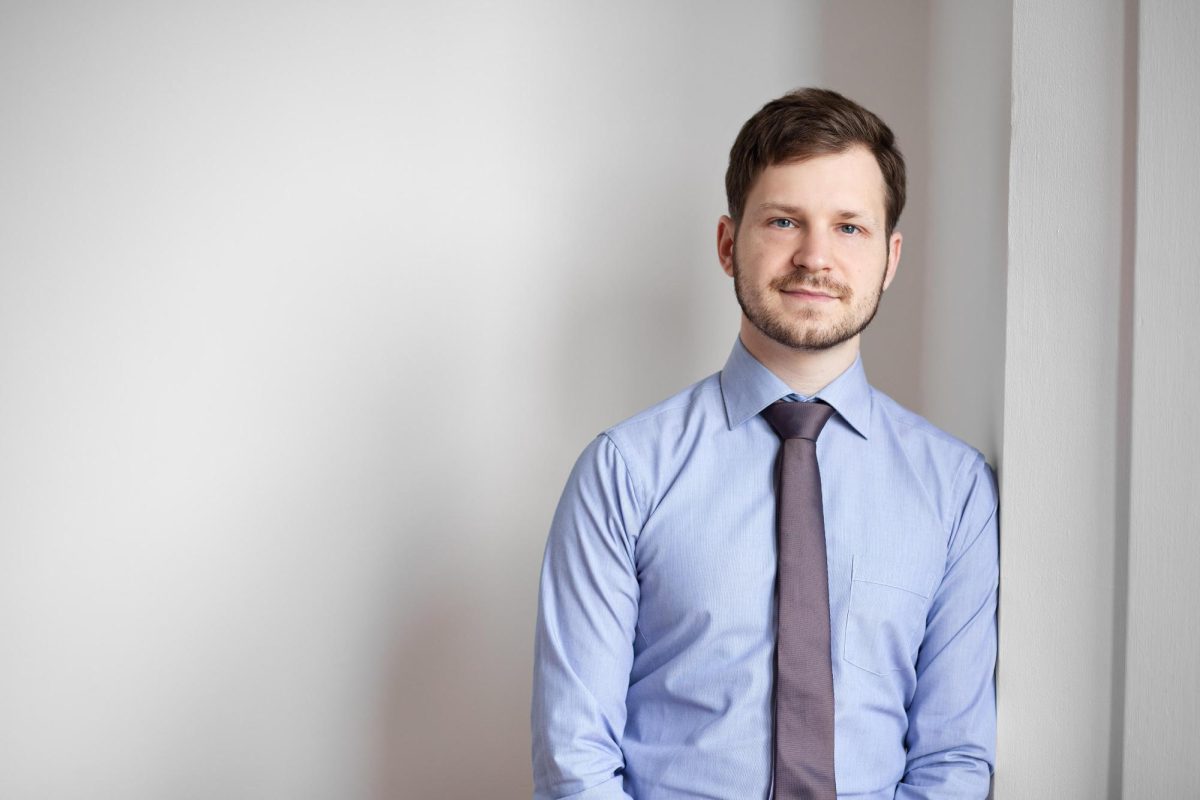Sophie Kemp, OC ’18, is a writer who teaches at Columbia University and has been featured in publications such as Vogue, The Paris Review, The New York Times, Pitchfork, GQ, and i-D. She recently published her debut novel, Paradise Logic.
This interview has been edited for length and clarity.
How did Oberlin influence your writing and career?
I had an incredibly formative experience going to Oberlin. I’m from upstate New York, so when I came to Oberlin, and it was a school of coastal elites, it was a real culture shock for me to suddenly have people be like, “Oh, what was it like growing up and going to the mall?” But I was surrounded by people who cared about art and reading in the same way that I did for the first time. The high school I went to was really STEM-focused, so I was not around English major types. I think just being around people who just cared about stuff in the same way that I did was hugely influential on me. Oberlin in general is such a specific kind of place, and I don’t even know if I can fully put into words the effect it had on me, but it was really a big one.
What was the inspiration for Paradise Logic?
I started thinking about the idea for this book during COVID-19. I was making all of these zines, which is something that I’ve done since I was a teenager, and these were just kind of about my theories about life and art. And at the time when the pandemic started, I was 23, so I was just thinking a lot about how I viewed my early 20s. And the big thesis of the book is, “What is Paradise?” I was thinking about it in a sort of class sense, which is that Paradise is like the back of the theater, which is where they put all the poor people. And in the book, I’m exploring what it’s like to make your life as s***ty as possible, and how that can kind of be miraculous and beautiful. So I was turning on that idea for a really long time, and making all of these scenes, and then eventually it turned into a book.
What are some challenges you faced writing your debut book?
I had no idea how to write a book. I was basically teaching myself how to do it the whole time, which was really difficult to just go into and really be flying by the seat of my pants. I think it was difficult to write a novel and have no idea what the f*** I was doing for most of it, but then eventually I figured it out.
How did you go about figuring it out?
Before I started working on my novel, I really changed my approach to reading. Before the pandemic, I was somebody who read 5–10 books a year. Then, at some point during COVID-19, I decided to switch to being somebody who was reading 50–60 books a year. And I think just forcing myself to interact with text as much as possible inherently made me a better writer because it was all I was thinking about and all I was doing. A lot of figuring out how to write a novel was like figuring out how to be a better reader.
How does it feel to be in the midst of a major release right now?
I’m really grateful for it. I’ve always wanted to be a writer since I was old enough to know what that even was. So, I just feel really lucky and grateful that it’s finally happening. It’s definitely really stressful, but in a way that feels really cool. Like, I feel really lucky. This gets to kind of be my full-time job.
What are some of your future aspirations?
I just want to write books forever and not have to do another job. So, hopefully, I’ll keep doing that. I’m working on a second novel right now, and after this stuff all wraps up, I’m just going to grind and do that.
If you could go back in time and give advice to your college-aged self, what would it be?
I think I did everything right. I love Oberlin, and I’m so glad I went there. I had a really difficult time as a college student. When you’re 20 years old, your brain is so f***ed up and crazy. I think I was really doing my best, and I don’t think I would have changed anything about it. I think I just needed to have a lot of really difficult formative experiences when I was younger. I let my freak flag fly, as much as possible as a college student; being simultaneously so self-conscious and not self-conscious at all was a really funny kind of space to be in.


